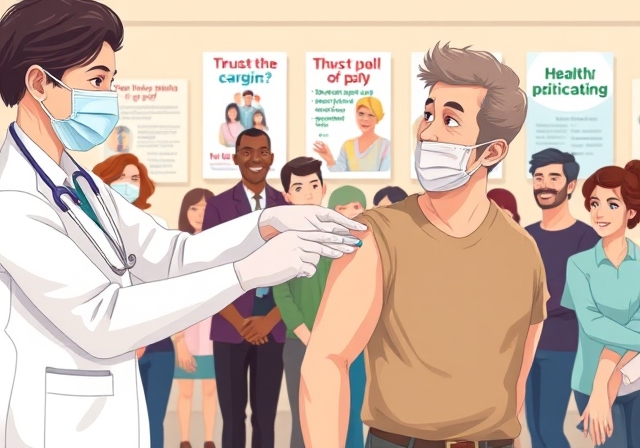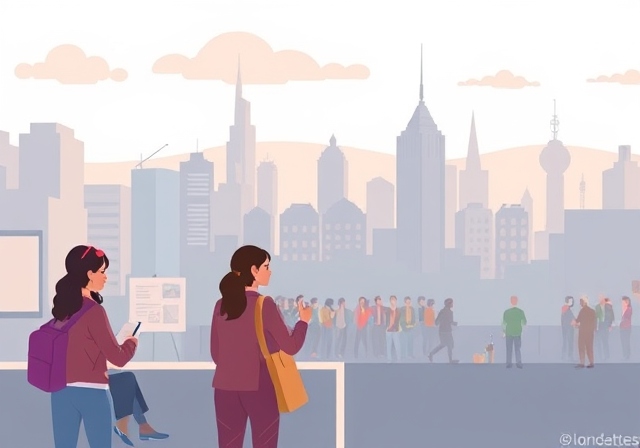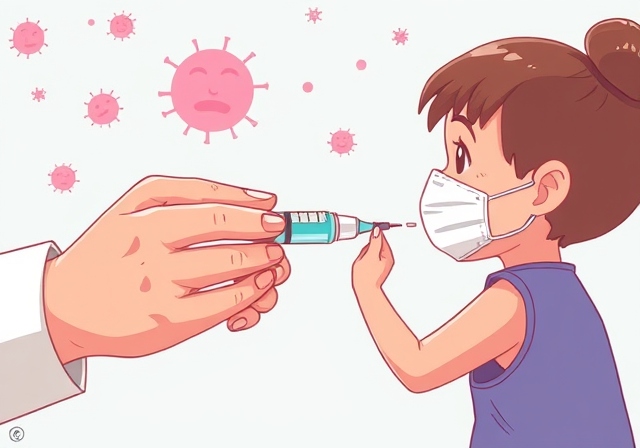Public health remains at the forefront of global priorities as communities face emerging challenges and trends. From managing pandemics to addressing chronic illnesses, public health measures are essential for protecting lives and ensuring societal well-being. Among the most significant tools in combating these challenges is vaccination, which continues to play a vital role in safeguarding populations from preventable diseases.

1. Current Public Health Trends
a. Rise in Non-Communicable Diseases (NCDs)
- What: Diseases like diabetes, heart disease, and obesity are becoming more prevalent.
- Why: Sedentary lifestyles, unhealthy diets, and stress are key contributors.
- Solution: Promoting healthier lifestyles through public health campaigns.
b. Mental Health Awareness
- What: Increased focus on mental health as a critical aspect of overall well-being.
- Why: Rising rates of anxiety, depression, and stress, especially post-pandemic.
- Solution: Expanding mental health resources and reducing stigma.
c. Technological Advancements
- What: Health apps, wearable devices, and telemedicine are transforming how we manage health.
- Why: Increased accessibility and efficiency in monitoring and treating health conditions.
d. Climate Change and Health
- What: Environmental changes are driving health issues like heat-related illnesses and respiratory conditions.
- Why: Poor air quality, rising temperatures, and natural disasters impact health.
- Solution: Advocating for sustainable policies to protect environmental and public health.

2. Challenges in Public Health
a. Pandemics and Infectious Diseases
- COVID-19 Lessons: The pandemic highlighted gaps in global preparedness, from healthcare infrastructure to vaccine equity.
- Emerging Threats: Diseases like monkeypox, avian influenza, and antimicrobial resistance pose ongoing risks.
- Need for Action: Strengthening surveillance systems and fostering international collaboration.
b. Vaccine Hesitancy
- What: Resistance to vaccines fueled by misinformation and mistrust.
- Why It’s Dangerous: Leads to outbreaks of preventable diseases like measles and polio.
- Solution: Public education campaigns that emphasize the safety and effectiveness of vaccines.
c. Health Inequities
- What: Disparities in access to healthcare and resources.
- Impact: Marginalized communities often bear the brunt of public health crises.
- Solution: Policies that prioritize equitable access to care and resources.
d. Aging Populations
- What: An increase in elderly populations presents challenges in managing chronic conditions and providing long-term care.
- Solution: Investing in eldercare infrastructure and preventive health measures.

3. The Importance of Vaccination
Vaccination is a cornerstone of public health. It has saved millions of lives by preventing deadly diseases and reducing their spread.
a. Historical Successes
- Eradication of smallpox and near-elimination of polio.
- Significant reductions in diseases like measles, rubella, and whooping cough.
b. Why Vaccines Are Essential Today
- Protection: Safeguards individuals and communities through herd immunity.
- Cost-Effective: Preventing diseases is far cheaper than treating outbreaks.
- Adaptability: New vaccines, like those for COVID-19, are developed to address emerging threats.
c. Combating Myths
- Vaccines undergo rigorous testing to ensure safety and efficacy.
- Side effects are rare and minor compared to the risks of contracting the disease.
4. Preparing for the Future
a. Strengthening Public Health Systems
- Investing in healthcare infrastructure and emergency preparedness.
- Training healthcare professionals to respond to crises effectively.
b. Promoting Global Collaboration
- Sharing data and resources to address global health threats.
- Ensuring equitable distribution of vaccines and medical supplies.
c. Educating the Public
- Combating misinformation with transparent communication.
- Empowering communities with knowledge to make informed health decisions.
Conclusion: Together for a Healthier Tomorrow
Public health challenges, from pandemics to vaccine hesitancy, require collective action and vigilance. Vaccination remains a vital tool in protecting lives, and by staying informed, advocating for equity, and supporting health initiatives, we can build a healthier, more resilient future for all.






